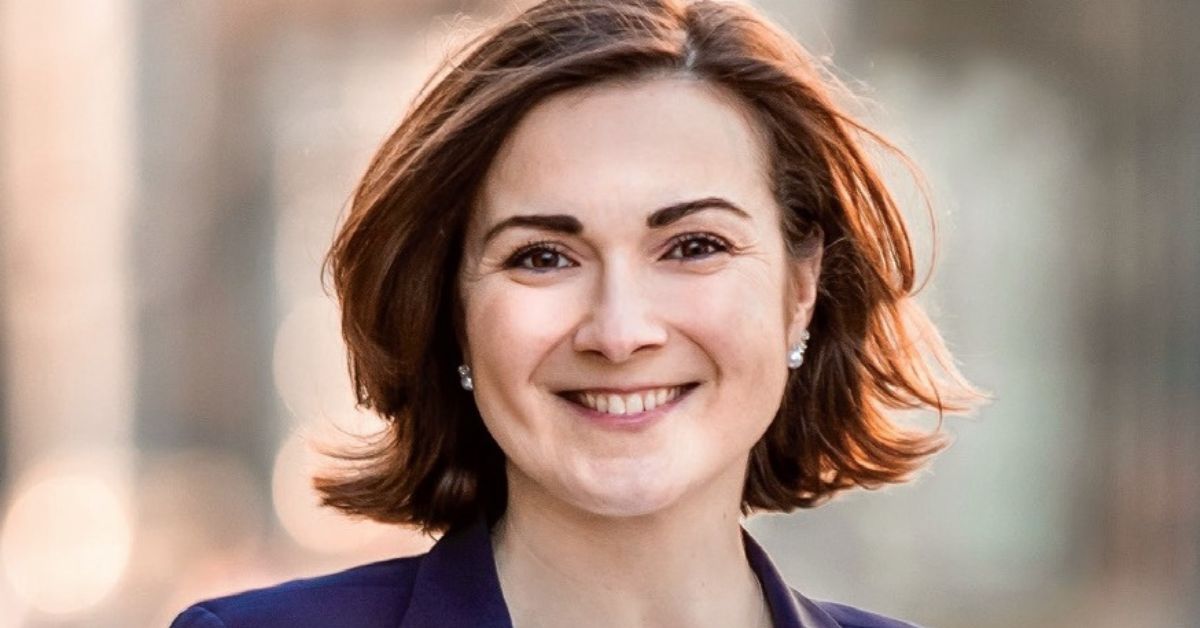Could you tell us about the recent steps Lufthansa Cargo has taken to improve its services on the India-Europe routes, particularly for industries like pharmaceuticals and perishables?
In 2024 we reinstated a weekly Frankfurt–Mumbai– Hyderabad freighter service, and rolled out 100 per cent paperless e-Freight at all five principal Indian gateways— Bangalore (BLR), Mumbai (BOM), Delhi (DEL), Hyderabad (HYD), and Chennai (MAA). That digital shift not only accelerates handling times but also delivers fixed, predictable capacity for pharma exporters, including those using the green channel. Several major stakeholders have already adopted this stable end-to-end solution, enabling them to plan with confidence.
Lufthansa Cargo has been at the forefront of digital innovation in the air cargo industry. How have your digital tools improved the shipping experience for your customers in India?
Since April 2024, all general cargo shipments to and from India are fully paperless—a milestone that significantly cuts handling times and boosts compliance. Tools like DGD. online simplify dangerous-goods documentation, while eBooking and the eServices App empower shippers with real-time tracking and seamless processes. We understand not everyone’s fully on board with digital processes yet. To tackle that, we’re pushing initiatives like PreCheck, which streamlines pre-shipment checks and keeps the momentum going toward a fully digital future.
Sustainability is a major focus for the aviation industry. What is Lufthansa Cargo doing to reduce its environmental impact, particularly in the Indian market?
Sustainability is at the heart of everything we do. Nearly 99 per cent of our carbon footprint comes from flying, so our biggest impact is in the air. We’re tackling this in multiple ways. First, we’re modernizing our fleet—our 18th Boeing 777F just joined the ranks, and we’ve got 777- 8Fs on order, which are even more fuel-efficient. Second, Sustainable Aviation Fuel (SAF) is a cornerstone of our strategy. It’s the key to decarbonising aviation, and through our ‘Sustainable Choice’ add-on service, customers can opt in to reduce their emissions using SAF and support climate projects. In 2024, this helped us cut around 8,500 tonnes of CO₂. We’re also working on partnerships to bring more SAF to India. Beyond that, our fuel efficiency measures saved 5,700 tonnes of kerosene in 2024 — equivalent to 18,000 tonnes of CO₂. On the ground, we’re exploring electrified support equipment to shrink our footprint further. Over the next two years, we’ll scale up SAF adoption, deepen market penetration, and tailor sustainability solutions for India’s unique needs.









